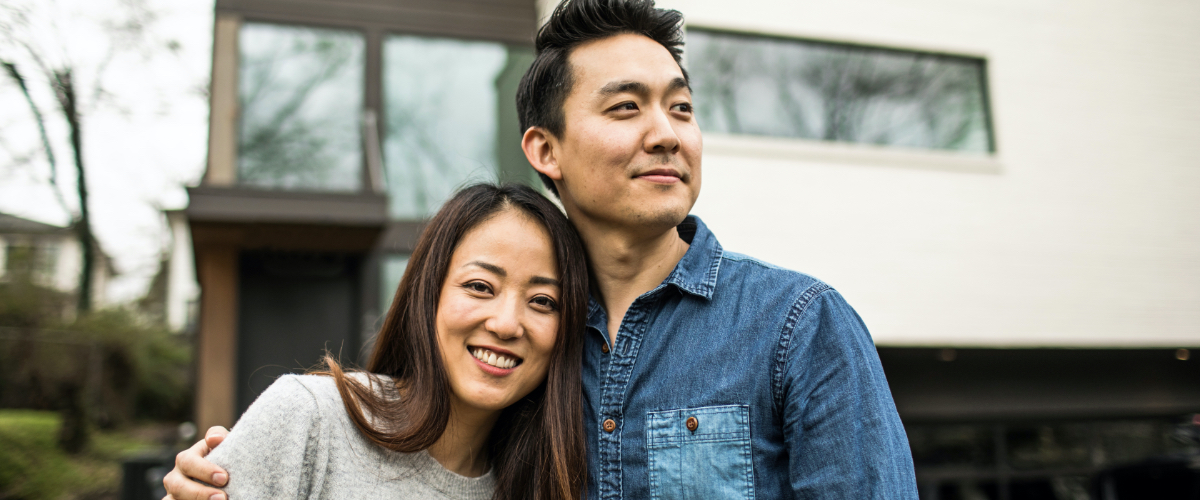
How To Have a Healthy Relationship With Your Money
I believe that money is energy and you get in what you put out.
I know almost all of us would like to have more money — myself included! — but do we truly believe we are worthy of more money?
I want you to really think about that question. Do I believe I am worthy of money?
I was asking myself that question a lot a couple of years back. I was trying to feel truly worthy. I would go out hiking daily, and I would repeat to myself, I am worthy of money, I am worthy of money, over and over again, almost in rhythm to my steps. And I remember the first time I really felt the words sink in — I stopped on the trail and just cried.
Our attitudes and emotions about money are sometimes working against us, so it can be hard to truly feel like we belong to a better life when it comes to money. In my experience, believing is the first step. Remember, money is energy.
And there’s a whole lot of money out there. There really is. And you can be comfortable living at all sorts of income levels. But there’s another truth I want you to internalize so deeply that it’s in your soul: In order to have a healthy relationship with money, you have to develop healthy habits with money.

What are healthy money habits?
By far the most important healthy money habit is saving, saving, saving. I save 75% of what I make. I was saving 75% of what I made when I was only making $12,000 a year, and now that I’m making well over six figures, my money habits haven’t changed.
Don’t let your expenses rise to your income. Don’t chase that lifestyle inflation. The key is no matter how much or how little you make, your saving habit stays exactly the same.
Believe me, there are a lot of very “rich” people out there who live very poor lives because they have allowed their expenses to rise to their incomes. Alternatively, even rich people can have negative attitudes toward money, to the point of spending as much as they can every month because they just don’t feel worthy. Fear- or shame-based attitudes toward money exist in every tax bracket, and they can torpedo a healthy savings habit.

How do we develop healthy money habits?
It takes 21 days to form a regular habit, but to form a savings habit, it takes 60-90 days. Ninety days because you actually start seeing results. You start seeing your investments grow. You start seeing your credit improving. Those results are what set the habit for good.
But money is energy, right? And there is a lot of negative energy when it comes to even setting a healthy savings habit. I’m here to help you flip that into positive energy.
In order to do that, we have to dive into how you truly feel about money. We have to dispel some myths or bad beliefs you might have and replace them with positive beliefs.
I want you to look at yourself in the mirror and ask yourself: How do I feel about money?
(Side note: If your answer is, “Meh, I really don’t need it,” or, “Ew, money is evil,” then you can thank the universe whenever you don’t have money. Problem solved.)
Here are some more questions while you’re having a heart-to-heart with yourself in the mirror:
- What is my relationship with money? Is it needy, toxic, fearful, happy?
- What was my parents’ relationship with money?
- Who around me can I say has a healthy relationship with money, and why?
- Who has a poor relationship with money, and why?
- What do I want out of money? What is going to motivate me? (Having kids, buying a home, paying off loans, etc.)
- Do I spend money on things I don’t truly need? Why?
Questions like these will help you get down to your root attitudes about money. And you might be surprised at what you find. Many of us aren’t savers because we use spending to fill emotional needs. Or we don’t truly believe we are worthy of money, so we find ways to throw it away.
I’m a firm believer that we are in control. We make ourselves poor, or we make ourselves rich. And it all comes down to our attitudes.
Once you get down to the root cause of your money problems, this is where all the fun and magic begins. As you replace negative thought patterns with positive ones, saving more — and even earning more — becomes easy. You are no longer standing in your own way.
So, challenge time. I’m going to leave you with this mirror-full of questions. And I want you to really ponder them. Do that for me, will ya? It’s hard to look inside. But it’s necessary.
Next time, I’m going to share with you three positive beliefs that will flip your negative beliefs about money. Let’s replace those negative beliefs and watch what happens! And I’ll share my favorite way of restarting your relationship with money. Hint: It’s a Cleanse Day, but for you and your money.
Get excited!
*The income level discussed here is not related to any activities with Isagenix, and the income and timeframe presented is not an example of what an Isagenix Independent Associate should expect to earn with Isagenix. The ability to earn income under the Isagenix Compensation Plan depends on many factors, including an individual Isagenix Independent Associate’s business, social, and sales skills; personal ambition and activity; availability of time and financial resources; and access to a large network of family, friends, and business contacts. Isagenix cannot and does not guarantee any particular level of earnings. Even Associates who dedicate a significant amount of time, effort, and personal funds may not achieve a meaningful level of success. For average earnings, refer to IsagenixEarnings.com.




